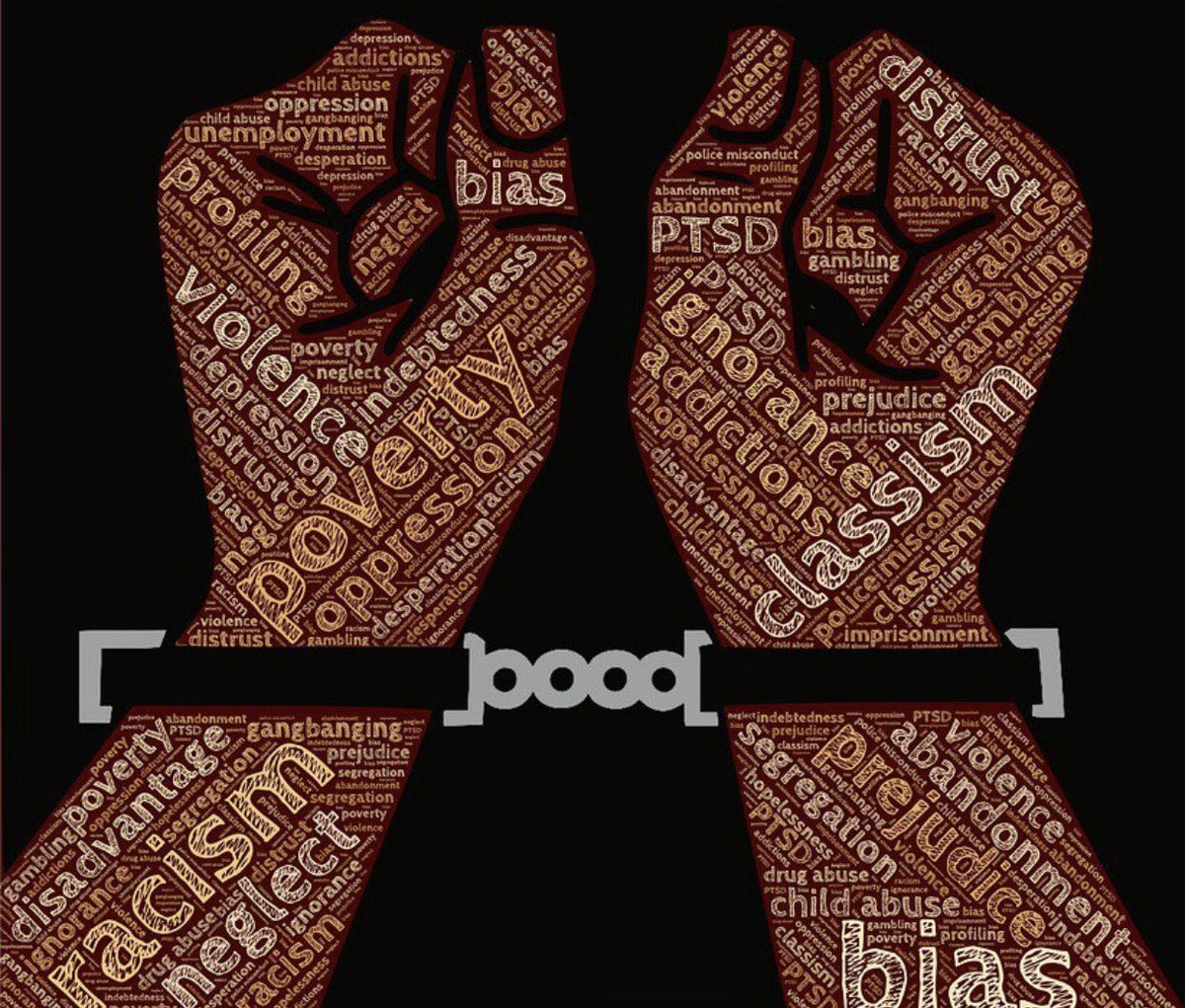In this series, appropriately titled “Black Boys in Crisis,” I highlight the problems facing black boys in education today, as well as provide clear steps that will lead us out of the crisis. When I was in elementary school (the mid-1980’s) one of my teachers periodically brought professionals from the area to our class to talk about their careers. On one occasion, she brought in a black male doctor from a local hospital. He spoke for about fifteen minutes and then opened up the floor for questions. One of my friends (also a black male) raised his hand. “Are you …
Continue reading “Black Boys in Crisis: “Black People Can’t Be Doctors””










